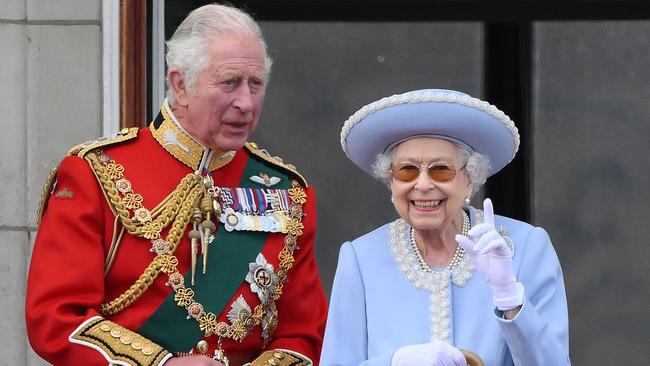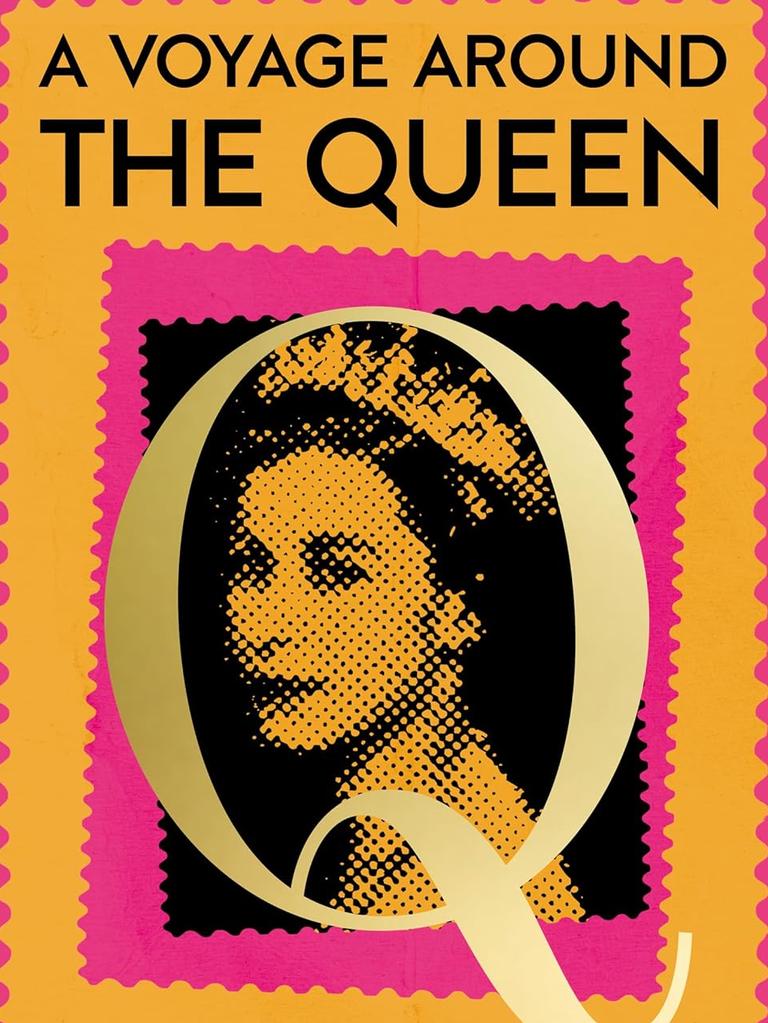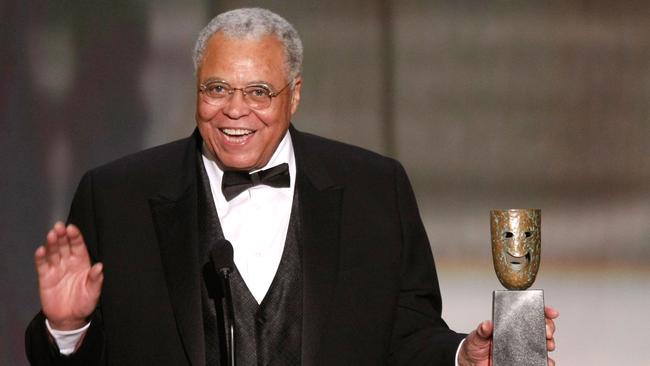Craig Brown’s A Voyage Around The Queen does the impossible – it pleases republicans and monarchists alike | Peter Goers
The much anticipated new look at the life of Queen Elizabeth II is the non-fiction book of the year, writes Peter Goers.
Opinion
Don't miss out on the headlines from Opinion. Followed categories will be added to My News.
Imagine meeting the late Queen. What might you have said?
This was one chap’s experience.
After the customary obeisance (the bow, the “Your Majesty”) and after the Queen had asked her stock questions like “what do you do?” or “have you come far?”, this chap pulled out his planned conversational ice-breaker and blurted, “What a pretty brooch you’re wearing, Ma’am” only to realise that she wasn’t wearing a brooch.
The Queen, of course, carried on. And moved on.
That’s a sweet yarn from the recently published, brilliant book by Craig Brown, A Voyage Around The Queen. Brown is a celebrated newspaper columnist, humorist, social historian and biographer.
His book on the troubled, fascinating, outrageously self-important Princess Margaret, Ma’am Darling is sensationally good.
He’s also written a social history of the Beatles.

The much-awaited Voyage Around The Queen is the non-fiction book of the year and like it’s subject, it’s happy and glorious.
Brown does something impossible. He pleases both monarchists and republicans.
It is an appreciation of 96 years of public life of which 70 years and 214 days comprised an extraordinarily dutiful and diligent reign. The book offers the observations and perspectives of hundreds of people.
The Queen was an enigma - famous for what she didn’t say rather than what she said. Constitutionally, her role is to do nothing and Her Majesty did nothing very well.
Her job was to listen. On meeting her, people often babbled as she listened.
Cyril Connolly said, “It’s you they want to meet. But it’s themselves they want to talk about”.
The Queen was more observed, photographed, satirised, met and her life was more documented than any other in all of human history.
She was more famous and revered during her lifetime than anyone in history. We know more about her life and the that of members of her family than our own lives.

Brown says she was a human mirror, “To the optimist, she seemed an optimist, to the pessimist, a pessimist.
“To the insider she seemed intimate, to the outsider, distant, to the cynic, prosaic and to the awestruck, charismatic”.
She had a strange, dysfunctional family. Just like all of us.
The book offers an hilarious glossary of royal pronunciation which is alone worth the price. “Ears” for yes, “Elaine” for alone, “eksheleh” for actually, “thaisands” for thousands etc.
The Queen’s world smelled of fresh paint and disinfectant.
“Everything she set eyes on was cleaner, brighter, newer, grander, cheerier, smarter than it had been a few days before.
“Everything and everyone had been spruced up, coiffed, walls painted, carpets laid, smiles put in place”.
Everyone she met was on their best behaviour. Protocol was often absurd.
Schoolchildren were taught how to cheer with dignity, slums were masked in scaffolds of hessian.
On a royal tour in 1961 a local chauffeur was dismissed because he was divorced. When Princess Anne visited a Royal Navy ship, a sailor in drag had to rehearse climbing up and down ladders.
From her earliest age the Queen was called “divinely normal and divinely perfect”.
Which is impossible but she tried. Anglicans believe she is chosen by God. Which is impossible but she tried.
Virginia Woolf compared her to a panda - rare, useless, caged and very attractive.
Craig Brown’s book is magnificently fair and very compelling. Dame Edna Everage said “The Queen has a wonderful sense of humour but you can’t tell that from the stamps and coins”. We get flashes of the Queen’s wit.
When someone was meeting her and their mobile phone rang, she’d say, “Please do answer that. It may be someone important.” Good on her.
Brown opines “She lived the life of an outcast, to be approached with fear or pity or curiosity or awe but never indifference. Such is the birthright of a sovereign”.
An American historian wrote, “Mourn the Queen but not her Empire. The Queen helped obscure a bloody history of decolonisation the legacies of which are yet to be adequately acknowledged.”
Hers was a distinct fame because it was not sought.
She worked long and hard until the very end. This book makes you appreciate that legacy of diligence.
All else changed, unhappy and inglorious, except the Queen.

HOT
Alberton Hotel
Julie-Ann Finney and the Royal Commission into Defence and Veteran Suicide
Public education must always come first
Gay conversion therapy to be banned in SA
NOT
$15 fine charged for a declined transaction
VALE
James Earl Jones - a great actor






